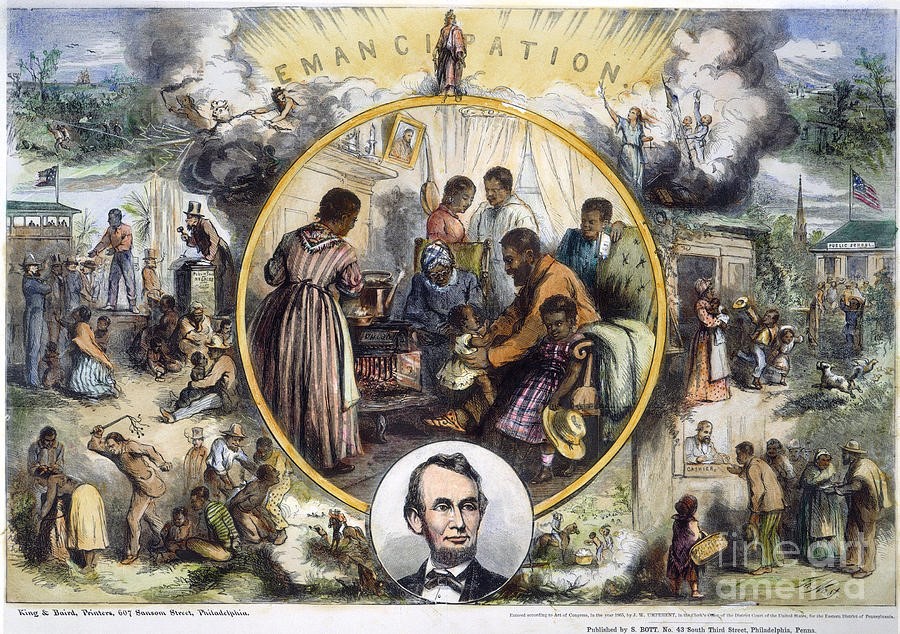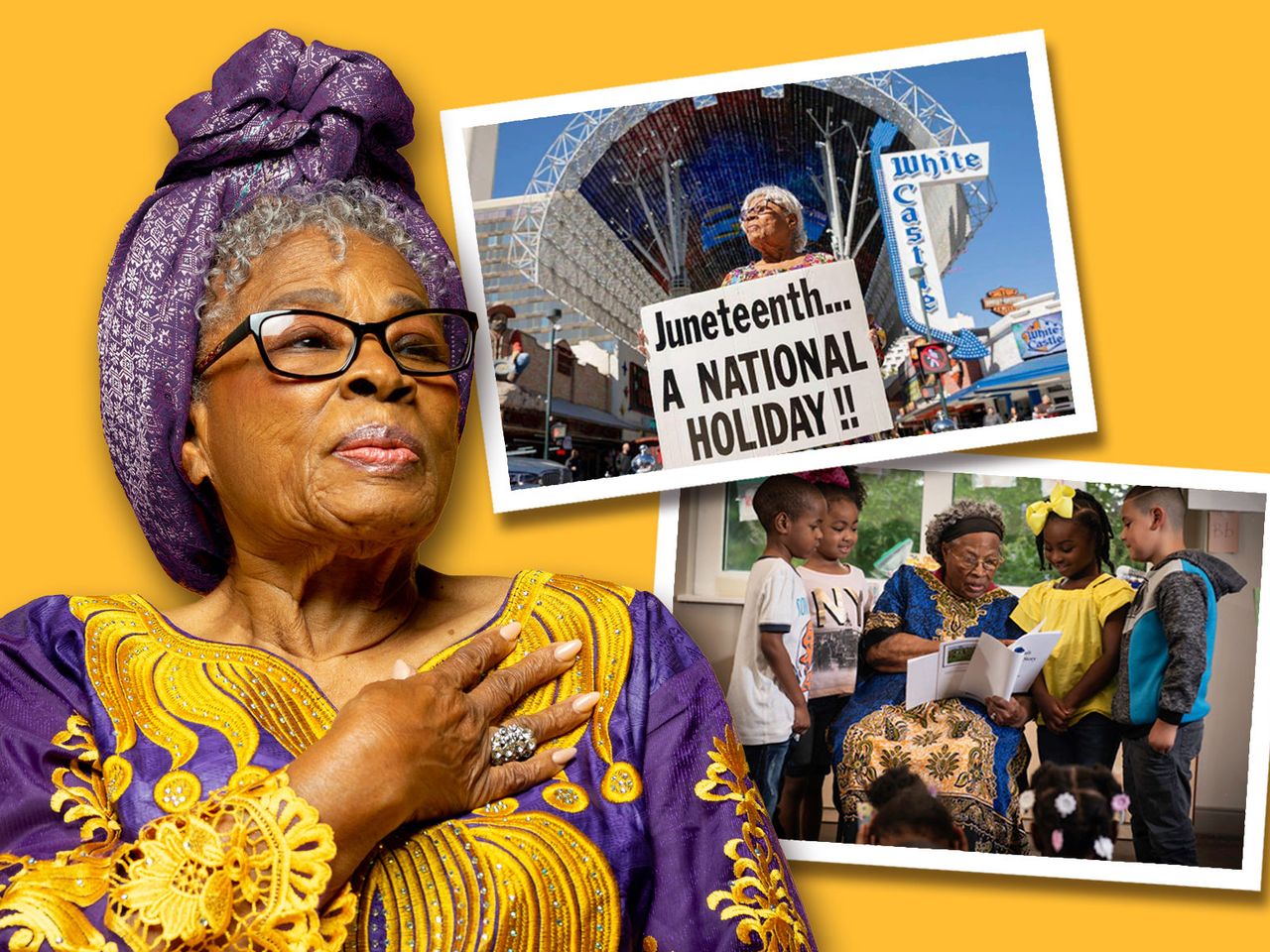Celebrating African-American History While Also Recognizing Existing Health Disparities Among People of Color
June 19th marks a federally celebrated holiday known as Juneteenth National Independence Day. Also known as Jubilee Day, Emancipation Day, Freedom Day, or Black Independence Day, the holiday is a commemoration of the emancipation of African-American slaves. The holiday has been celebrated across the United States since 1865 and was officially marked as a federal holiday by President Biden in June 2021. Juneteenth is considered the longest-running African-American holiday and has also been nicknamed “America’s Second Independence Day.” Celebrations include festive meals, the reading of the Emancipation Proclamation, the singing of traditional songs, and opportunities to educate others on African-American history. While the holiday is a joyous celebration, it is also an opportunity to learn and appreciate African-American history.

In 1996, the first federal legislation to recognize Juneteenth as a federal holiday was introduced into the U.S. House of Representatives. A year later, Congress recognized the day through Senate Joint Resolution 11 and House Resolution 56. It wasn’t until 2013 that Juneteenth was once again discussed in Congress when The U.S. Senate passed Senate Resolution 175, acknowledging Lula Briggs Galloway (who served as the president of the National Association of Juneteenth Lineage), for her work in bringing national recognition to Juneteenth Independence Day and continually serving as a leader of the National Juneteenth Observance Foundation.

Throughout the early 2000s, activists and educators continued to encourage Congress to recognize Juneteenth as a national holiday officially. In 2016, Opal Lee – referred to as the “grandmother of Juneteenth” – walked from Fort Worth, Texas to Washington D.C. to make a statement and advocate for Juneteenth to become a federally recognized holiday. When President Biden signed the Juneteenth National Independence Day Act into Law, it became the first new federal holiday since Martin Luther King Jr. Day was declared a holiday in 1986. Juneteenth became the fifth nationally recognized date-specific holiday, joining New Year’s Day (January 1), Independence Day (July 4), Veteran’s Day (November 11), and Christmas Day (December 25).
Having a day to celebrate the freedom of our African-American brothers and sisters is an honor. It is important to recognize that while this is a huge step in recognizing African-American history, there are still so many disparities that people of color face every day. The link between mesothelioma diagnoses and race can be attributed to the demographics of certain occupations. A study published in the National Library of Medicine found that out of all the black and white patients with malignant pleural mesothelioma, black patients were diagnosed at a much later stage of the disease. This could be due to a lack of equal access to appropriate diagnosis and treatment options. Black women were at a higher risk for mesothelioma than their white counterparts.
The findings of the mesothelioma researchers echoed previous studies that found black patients with mesothelioma and other asbestos-related diseases had worse survival rates than their white co-workers. African Americans across the country are facing health disparities and a lack of access to medical help and appropriate treatment.
According to the U.S. Department of Labor Data, African-American men were not as highly represented in jobs with high levels of asbestos and potential exposures as compared to white men of the same generation. Rates are highest among African-American men above the age of 75 – particularly those who were employed as laborers, millwrights, pipefitters, and other jobs that involved regular handling of asbestos-containing products. If you or a loved one are diagnosed with an asbestos-related disease, including mesothelioma and lung cancer, you may be entitled to compensation. Reach out today for a free case evaluation.




